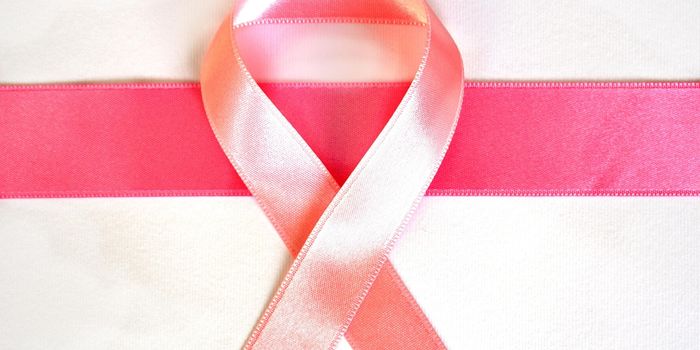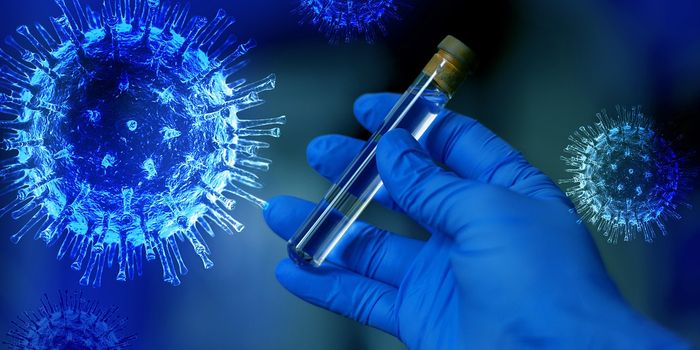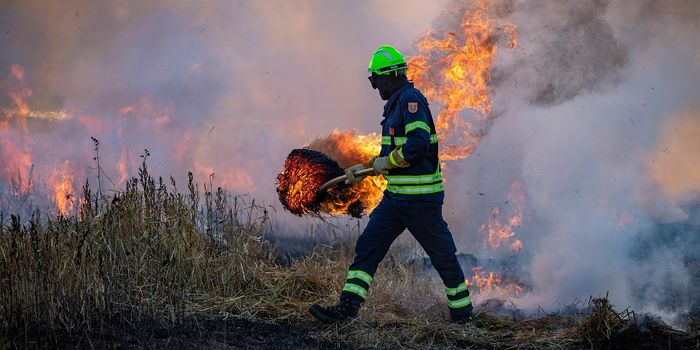The Value of Art Therapy for Cancer Survivors
Art therapy is an emerging field of medicine concentrating on improving mental health by enriching a patient’s life. Professional art therapists harness creativity from their patients, allowing them to explore difficult emotions associated with their treatment plan or diagnosis. The Art Therapy Association promotes that art therapy, in part, can improve cognitive function, improve self-esteem, and reduce stress and anxiety.
Many large cancer centers, including Cleveland Clinic, MD Anderson, Memorial Sloan Kettering, and the University of Pennsylvania Abramson Cancer Center, offer art therapy to their patients. As a non-intervention therapy, there aren’t clinical risks associated with art therapy, and thus, there is considerable potential for benefit. Quantifying the potential benefit is difficult due to the nature of the effects, but several studies have investigated the impact of art therapy on cancer patients.
A 2020 study published in BMC Cancer investigated the impact of art therapy on patients undergoing chemotherapy for any type of cancer. The investigators assessed how art therapy influenced pain, emotional distress, depression, and anxiety. Art therapy sessions were led by a registered therapist who encouraged patients to engage their creativity through mind, body, and spirit. Participants could work with various media for painting, drawing, molding clay, or constructing collages. Considering data from the 50 participants in the study, measures for pain, emotional distress, depression, and anxiety were all reduced post-treatment. However, upon follow-up two-three days post-treatment, only measures of pain and depression remained low.
A study published in 2018 in the Journal of Psychosocial Oncology looked specifically at breast cancer patients receiving art therapy. The study was a systemic review analyzing data from over 700 female breast cancer patients participating in nine different studies. The participants receiving art therapy benefited with reduced anxiety, depression, and fatigue compared to women not receiving art therapy.
Another study published in Psycho-Oncology in 2007 enrolled 60 cancer patients receiving chemotherapy. The weekly art therapy sessions allowed participants to use water-color paints.
The patients were assessed for anxiety, depression, and fatigue. After four art therapy sessions, depression scores were significantly reduced, and there was a slight downtrend in fatigue scores.
While we don’t completely understand how art and emotions interact, it can likely provide time to relax and reset. For cancer patients, this time to step away from the stress of treatment could certainly have a positive impact.
Sources: Art Therapy Association, BMC Cancer, J Psychosoc Oncol, Psychooncol









